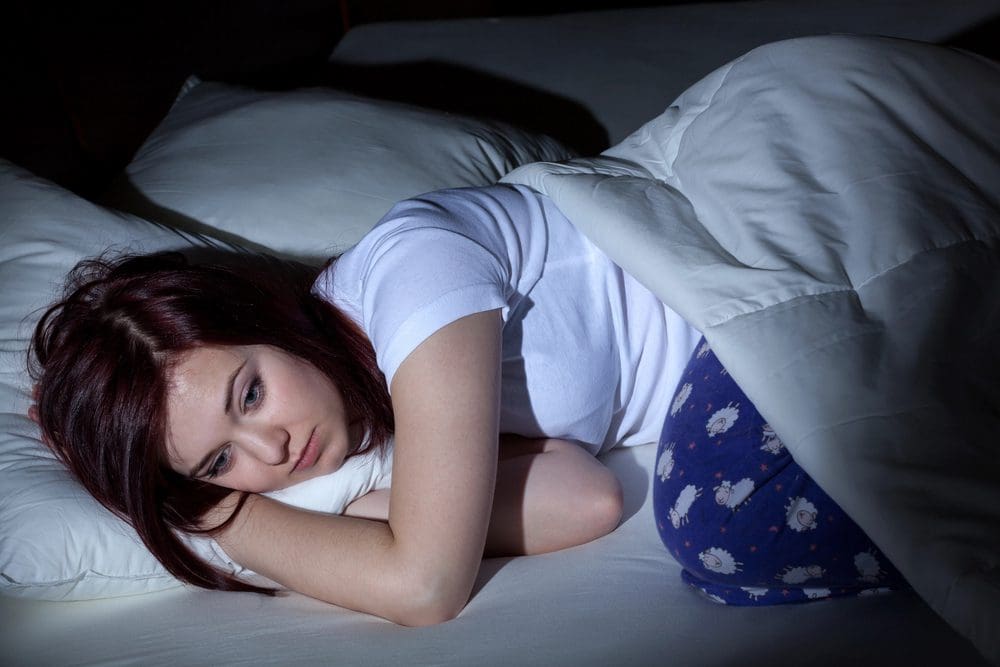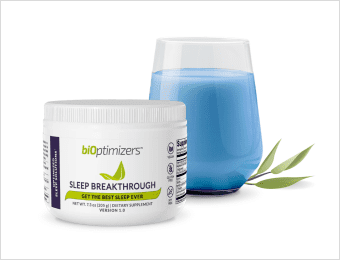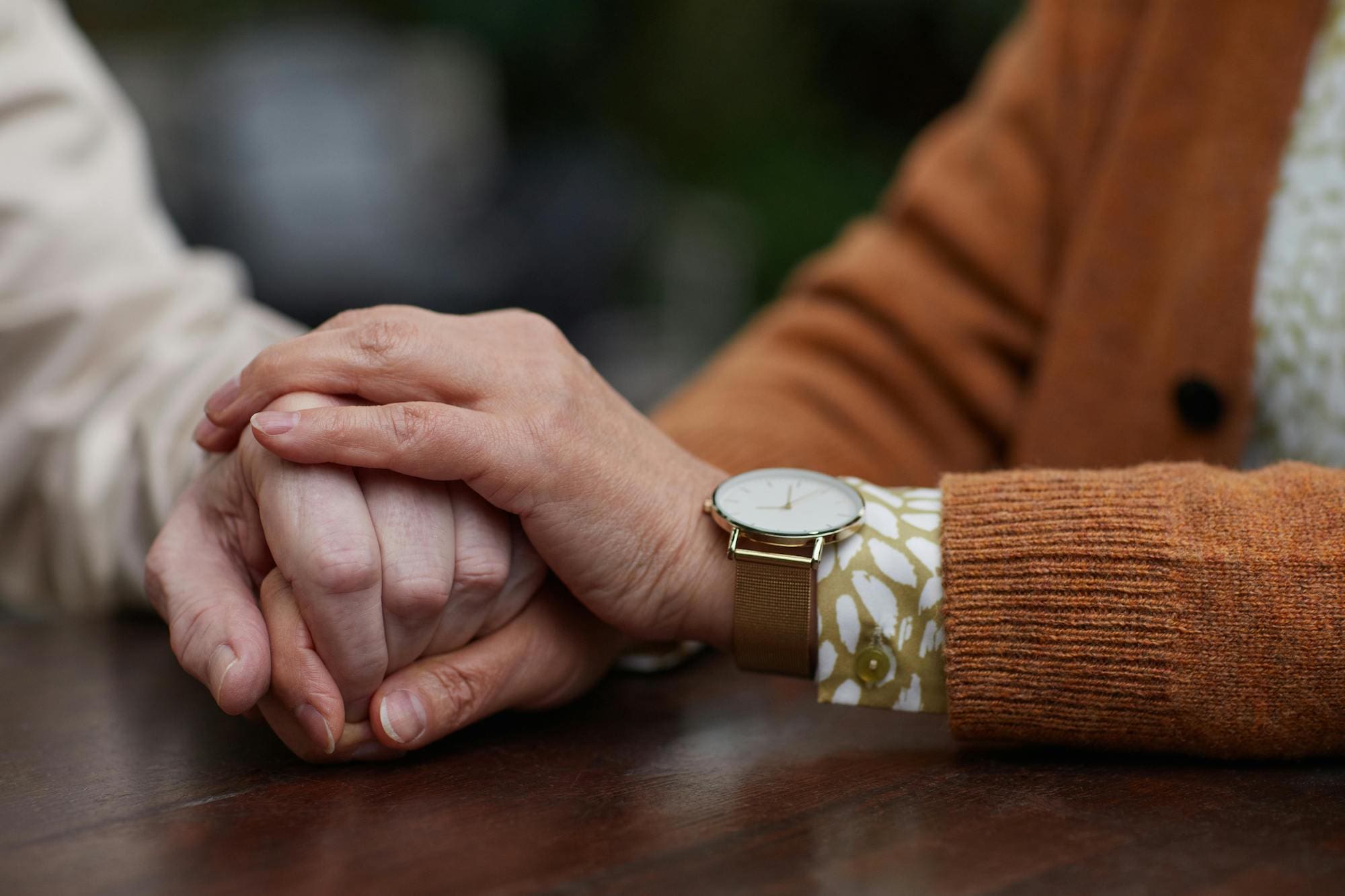Full Disclosure: Clicking on these links could mean a tiny commission for me, at no extra cost to you.
Best Sleep Aids for Anxiety
- Best for Yoga → Yoga Download
- Best for Therapy →BetterHelp
- Best for Mindfulness → Mindfulness App
- Best for Weighted Blankets → Nuzzie
- Best for Breathwork → Inward Breathwork
- Best for Mattresses → Puffy and Yoga Sleep
- Best for Weighted Pillows → Quiet Mind
- Best for Supplements → 88Herbs
- Best for Drinkable Supplement → Sleep Breakthrough
- Best Blue Light Filter Glasses → Spektrum and Sleep On
- Best Sleep Tracking Device → Muse and Sleep On Health
- Best White Noise Machine → Amazon and Yoga Sleep
- Best Anti-Snoring Devices → Z Quiet
What is Sleep Anxiety?
Sleep anxiety is an anxiety disorder characterized by the fear or dread of going to sleep. This can be due to various fears related to sleep itself or what might occur during sleep. The anxiety surrounding the process of falling asleep can lead to significant distress and a disruption of normal sleep patterns. This often leads to difficulties in your daily life as well, due to the lack of rest and feeling of looming doom as the sun goes down.
Causes of Sleep Anxiety
Sleep anxiety may stem from numerous sources, including stress, trauma, or other mental health disorders such as generalized anxiety disorder or PTSD. Certain environmental factors, like an uncomfortable sleep environment, can also contribute to the development of anxiety at night
Here are some common causes of sleep-related anxiety:
- Stress and Overthinking About Past or Upcoming Events
- Trauma or PTSD
- Mental Health Disorders
- Poor Sleep Habits
- Physical Health Issues, such as chronic pain, respiratory problems, hormonal imbalances, etc.
- Fear of Sleep Itself (Somniphobia)
- Medications
- Substance Use
- Life Changes or Uncertainty, like a new job, moving homes, or significant life events
- Genetic Factors
The Impact of Sleep Anxiety
Chronic sleep deprivation caused by anxiety at night can lead to a variety of physical health problems including weakened immune system, weight gain, and increased risk of chronic diseases like hypertension and diabetes.
Sleep anxiety can also significantly affect your mental health. It may even lead to increased symptoms of anxiety, mood swings and even depression. The lack of restorative sleep can exacerbate mental health issues that you’re already experiencing too. This creates a vicious cycle of anxiety and sleep disturbances.
On daily functioning, a lack of sleep can impair cognitive function, affecting memory, decision-making, and problem-solving skills. It can also reduce your ability to perform tasks at work or school, leading to decreased productivity and increased errors.
Sleep Anxiety Symptoms
When experiencing sleep-related anxiety, you may have symptoms at night and during the daytime. For example, anxiety symptoms during the night may include difficulty falling asleep, waking up frequently during the night, nightmares, or severe anxiety attacks before or during sleep.
During the day, you might experience excessive sleepiness, fatigue, irritability, or difficulty concentrating, all of which are direct consequences of disrupted sleep.
Here’s a list of symptoms to keep an eye on:
- Difficulty Falling Asleep
- Frequent Night Awakenings
- Nightmares
- Physical Symptoms like sweating, rapid heartbeat, or trembling during the night.
- Racing Thoughts
- Fear of Sleep
- Daytime Sleepiness or Fatigue
- Irritability
- Mood Changes
- Muscle Tension
- Poor Concentration and Memory
- Excessive Worry About Sleep
Managing Anxiety and Sleep
Exclusive Offer: Get 25% Off Knit Weighted Blankets
Medical Treatments
Treatment options may include medications such as anti-anxiety drugs or sleeping pills prescribed by a healthcare provider. It’s essential for these medications to be managed carefully to avoid dependence or side effects.
Psychological Therapies
Cognitive-behavioral therapy (CBT) for insomnia is a common treatment for night anxiety. This type of therapy helps you alter negative thoughts and behaviors related to sleep, replacing them with more positive ones.
Home Remedies
Bedtime practices such as meditation, mindfulness, and relaxation techniques can be effective in reducing anxiety levels at bedtime. Creating a soothing pre-sleep routine and making the sleep environment comfortable and inviting can also help alleviate anxiety and sleep.
Studies show that mindfulness practices can help you recognize and set aside the agitating, arousing, or worrisome thoughts that preventing sleep. The Mindfulness App is the #1 app for mindfulness meditations and it’s entirely free. If you choose to upgrade and get access to hundred more features, you can get an exclusive discount here.
Lifestyle Changes
There are a few lifestyle changes you can make to reduce anxiety at night, such as regular physical activity. Avoiding caffeine and other stimulants close to bedtime is also crucial.
Consider winding down with some at-home yoga classes that you can do right in your bedroom before slipping under the sheets.
Bedtime Routines
Establishing a consistent bedtime routine helps signal to the body that it’s time to wind down. This routine might include activities such as reading, taking a warm bath, or listening to calming music. Avoiding technology too close to bed is also a crucial step to improve anxiety and sleep.
Enhance Your Sleep Space
You may want to add some comfy elements to your sleep environment as well. Studies found that those who sleep with a weighted blanket fall asleep more easily, wake less frequently during the night and feel an increased sense of calm during the day. You can opt for the traditional weighted blanket or go the more chic route with these big, chunky knit weighted blankets. There’s even weighted pillows now for anyone who prefers lighter sheets.
A good mattress is also imperative to inducing sleep. After all, if you have springs poking you in the sides you probably aren’t going to sleep very well. So, be sure to invest in a high quality mattress. Take the mattress quiz here.
Pay Attention to Your Diet
Foods can help or hurt your sleep, so it’s important to take a look at your diet if you’re experiencing anxiety at night. This is especially true for any late-night meals or snacks you may have before going to bed.
Certain foods and drinks can exacerbate anxiety and disrupt sleep, such as those high in sugar, caffeine, or heavy meals close to bedtime.
Incorporating foods rich in magnesium, like leafy greens and nuts, or those containing tryptophan, like turkey and bananas, can promote relaxation and support better sleep.
Supplements for Sleep
Several supplements are popularly used to promote better sleep, especially for those dealing with sleep disturbances like sleep anxiety. Here’s a list of commonly recommended supplements that might help enhance sleep quality:
- Melatonin: regulates sleep-wake cycles.
- Magnesium: promotes relaxation, calms the nervous system and prepares the body for sleep.
- Valerian Root: increases levels of a neurotransmitter called GABA.
- Lavender: can reduce anxiety and improve sleep quality in some people.
- L-Theanine: helps promote relaxation and better sleep by enhancing calming brain chemicals.
- Chamomile: a mild tranquilizer that can improve sleep quality due to its calming effects.
- 5-HTP (5-hydroxytryptophan): enhances serotonin production and potentially improve sleep.
- CBD Oil: helps reduce anxiety and improve sleep.
Sleep Breakthrough is another leading supplement for sleep problems. It’s a delicious drinkable mix that you take 1 hour before you want to fall asleep. You just mix 2 scoops with 1 cup of water and drink. After 30-45 minutes, you’re nervous system calms down and before you know it, you’ll shift into rest, chill and sleep mode.
When to Seek Professional Help
Persistent sleep anxiety that interferes with daily life is a strong indicator that professional help may be needed. If anxiety and sleep is accompanied by severe or worsening mental health symptoms, consulting a healthcare provider is advisable.
FAQs on Sleep Anxiety
What exactly is sleep anxiety?
Sleep-related anxiety is a specific type of anxiety related to the fear of falling asleep or staying asleep. It often involves excessive worrying about the act of sleeping, which can interfere with one’s ability to fall asleep or remain asleep through the night.
Can sleep anxiety affect my physical health?
Yes, anxiety and sleep can have a significant impact on your physical health. Chronic lack of sleep can weaken the immune system, increase the risk of heart diseases, contribute to weight gain, and exacerbate chronic conditions like diabetes and high blood pressure.
What are the signs that I might have sleep anxiety?
Signs of night anxiety include difficulty falling asleep, frequent awakenings during the night, restlessness, nightmares, excessive worrying about sleep, physical symptoms like palpitations at bedtime, and feelings of panic or dread as bedtime approaches.
Are there effective treatments for night anxiety?
Yes, there are several effective treatments for anxiety and sleep. These include cognitive-behavioral therapy (CBT), particularly CBT for insomnia (CBT-I), which helps modify thoughts and behaviors that cause sleep difficulties. Medications may also be prescribed as part of the treatment plan, along with relaxation techniques, such as meditation, deep breathing exercises, and progressive muscle relaxation.
How can I manage sleep anxiety at home?
Managing anxiety at night involves establishing a calming bedtime routine, creating a comfortable sleep environment, and avoiding stimulants like caffeine and electronics before bedtime. Regular exercise and maintaining a healthy diet can also help reduce overall anxiety levels and improve sleep quality.











